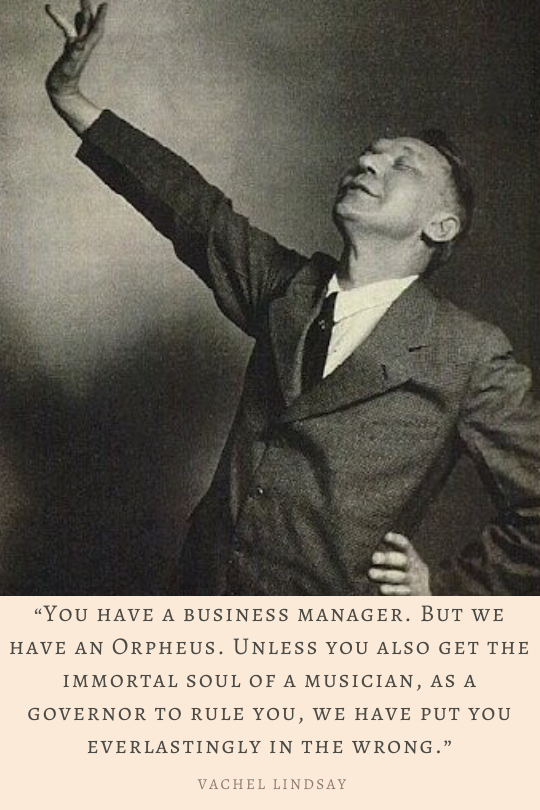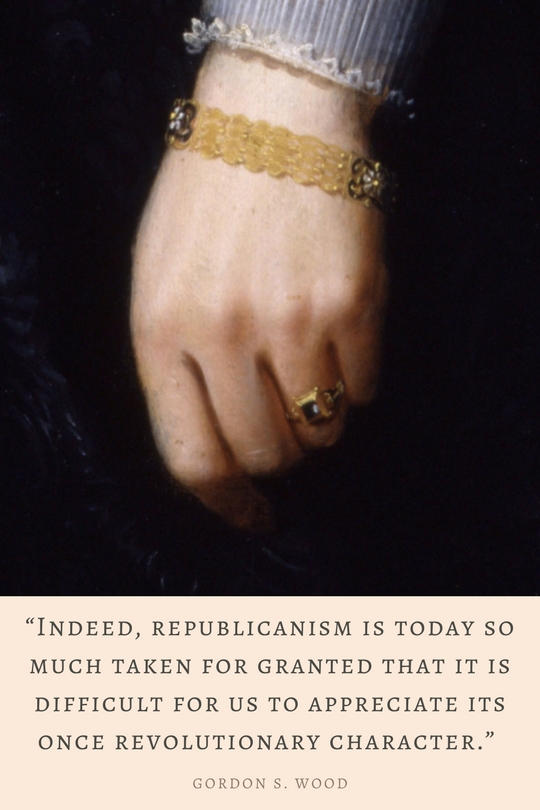Lewis Loflin’s “Debunking Theosophy”
Lewis Loflin’s Debunking Theosophy and Psychological Manipulation and Society (Joseph P. Szimhart’s review) are two critiques of the Theosophical Society, high in the index. The link is there to review. A common criticism in religious and historical research on Modern Theosophy — since its first expositions in Sinnett’s Esoteric Buddhism — is that Theosophy is a “hyper-syncretistic religion.” (Kraft, Siv Ellen. “To Mix or Not to Mix”: Syncretism/Anti-Syncretism in the History of Theosophy.” Numen, Vol. 49, No. 2, 2002: pp. 142-177).
Theosophy is described as an attempt to revive occult philosophy, in “a crisis of culture and consciousness” (Carlson, Maria. No Religion Higher Than Truth, 1993). The Theosophical Wiki article on syncretism, refers to the Theosophical Society as a syncretism like that of Roman syncretism. Evidence is against the idea.
Often, the term syncretism and conflation are intermixed in criticisms of Theosophy.
Joseph P. Szimhart notes that, “in short,” Theosophy’s aim was “to make occultism respectable in an age of scientism,” remarking that these “neo-occultists” essentially failed. The author of Debunking Theosophy asserts that German Idealism was contaminated by Theosophy, and we know the direction they’re going. It is the same pattern in the same execution of poor research — linking the German National Socialist Party to Theosophy.
You would do immense good by helping researchers differentiate the issues of conflict within the Theos. Society.
I ask of us to be reasonable and closely observe and compare these criticisms with an in-depth look into the history of Theosophy, rather than base our critique on conjecture.









